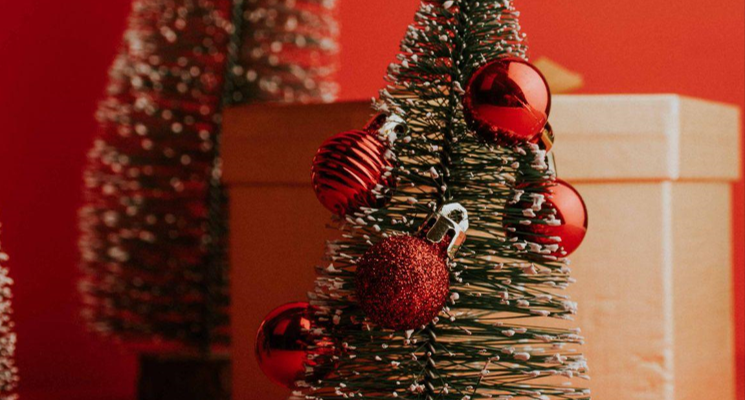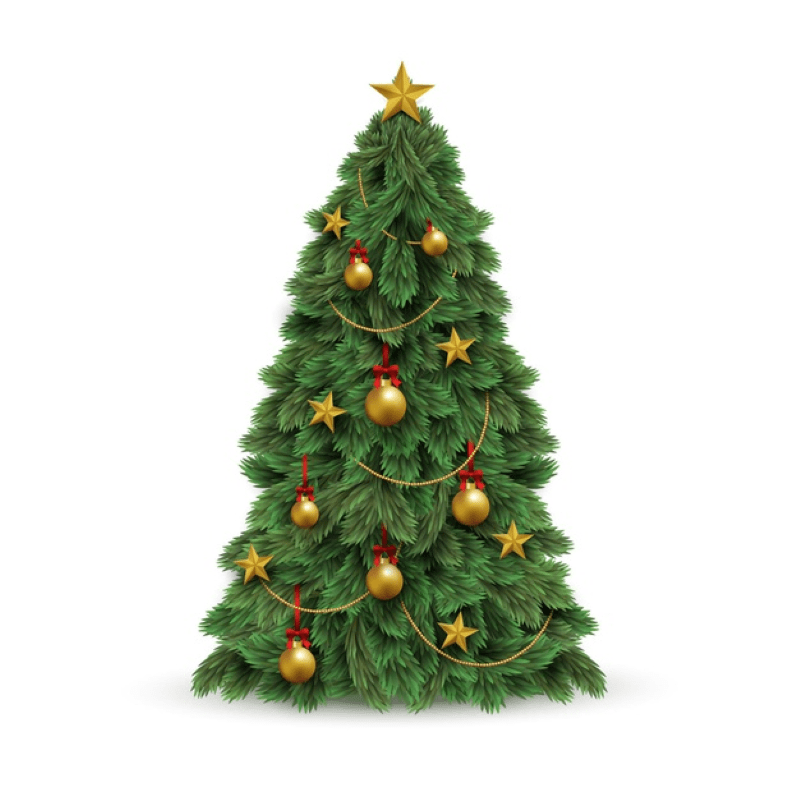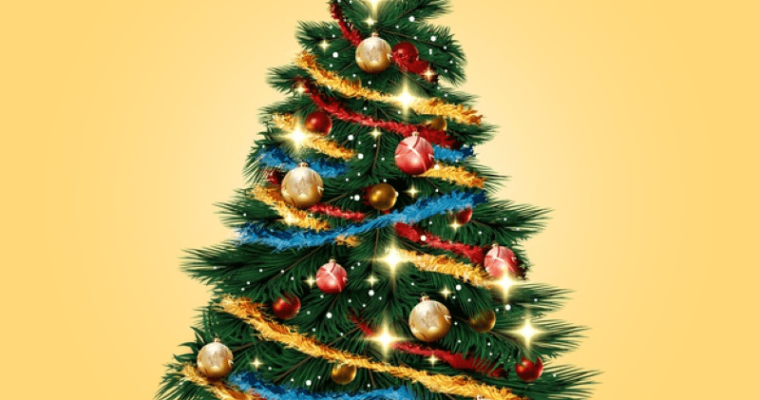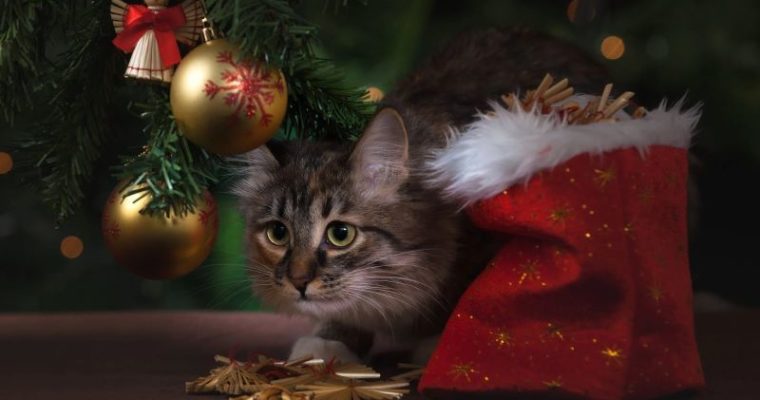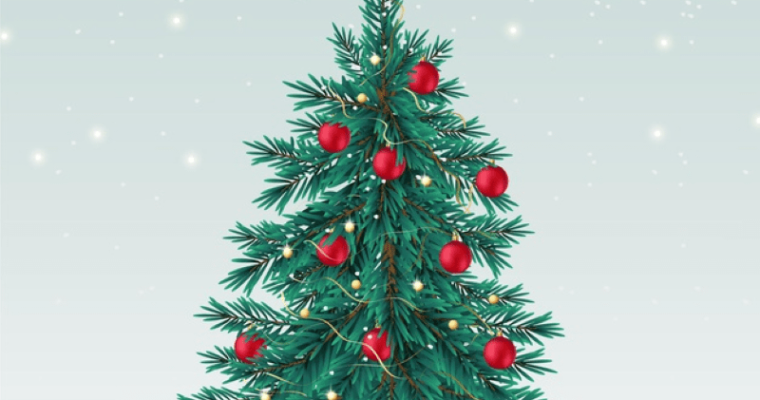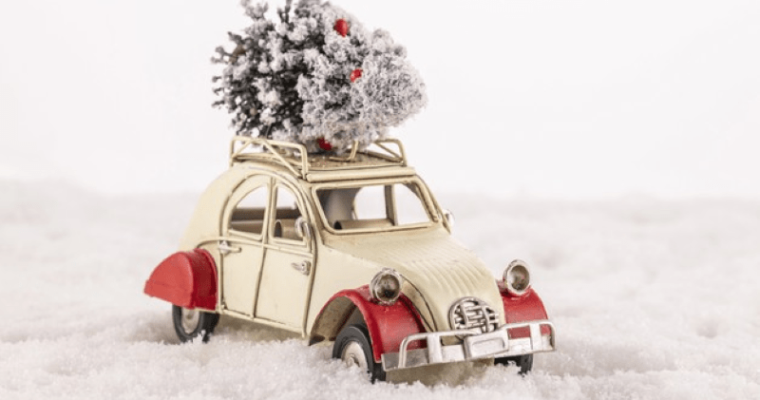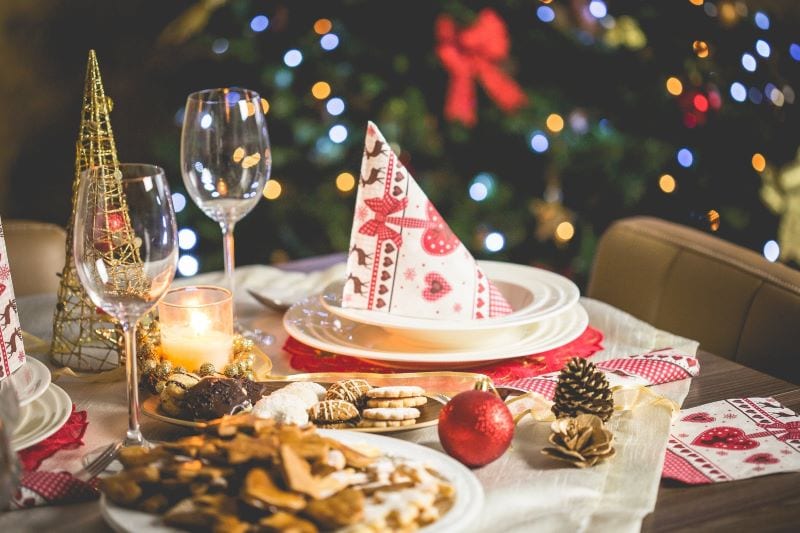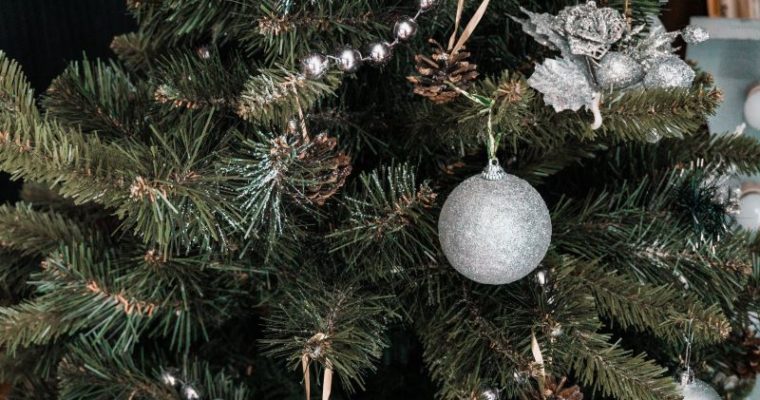The Origins of Christmas Carols: Tracing Back the Roots of Beloved Traditions
Christmas carols are a beloved and integral part of the holiday season for many people around the world. These traditional songs offer a sense of comfort, joy, and togetherness during what can often be a hectic and stressful time of year. However, the way we sing these classic tunes today is vastly different from how they were performed centuries ago. In this article, we’ll explore the evolution of Christmas carols and how these songs have changed over time.
The origins of Christmas carols can be traced back to the Middle Ages, when songs of worship were sung in churches throughout Europe during the holiday season. These early carols were often written in Latin and featured simple melodies that were meant to be sung by a choir. As time went on, carols began to incorporate more secular themes and were performed by regular people in their homes and in the streets.
During the Victorian era in England, Christmas carols experienced a resurgence in popularity. Many of the songs we know and love today were written during this time, including “Hark! The Herald Angels Sing” and “Deck the Halls.” These carols featured more intricate harmonies and richer arrangements, and were often sung in groups by families and communities.
One of the most famous Christmas carols of all time, “Silent Night,” was actually first performed in Austria in 1818. This simple yet beautiful song quickly spread throughout Europe and eventually made its way to America, where it became a staple of the holiday season.
The Modern Reinterpretation of Classic Christmas Carols
In the 20th century, Christmas carols continued to evolve and change. Many popular singers released albums of Christmas songs, including Bing Crosby, whose “White Christmas” is still the best-selling single of all time. As technology improved, it became easier and more common for people to record and distribute their own Christmas music. Today, there are countless versions of classic carols available for download or streaming, from traditional renditions to modern pop-infused remixes.
Even the lyrics of Christmas carols have changed over time. Some songs, such as “We Wish You a Merry Christmas,” have undergone minor alterations to the words over the years. Others, like “Baby, It’s Cold Outside,” have faced criticism for their lyrics that some consider inappropriate or outdated.
Despite these changes, Christmas carols remain an important part of the holiday season for many people. They offer a sense of nostalgia and tradition, connecting us to the past while also bringing us together in the present. Whether you prefer the classic sounds of Bing Crosby or the modern pop stylings of Ariana Grande, Christmas carols have something for everyone.
In conclusion, the evolution of Christmas carols is a testament to the enduring power of music and its ability to bring people together across time and distance. From their humble origins in medieval Europe to the glitzy productions of modern-day music videos, these classic songs have stood the test of time and continue to bring joy and comfort to millions of people around the world every holiday season.
